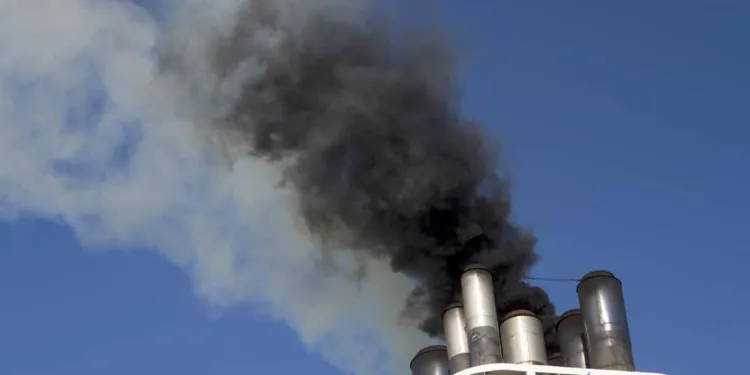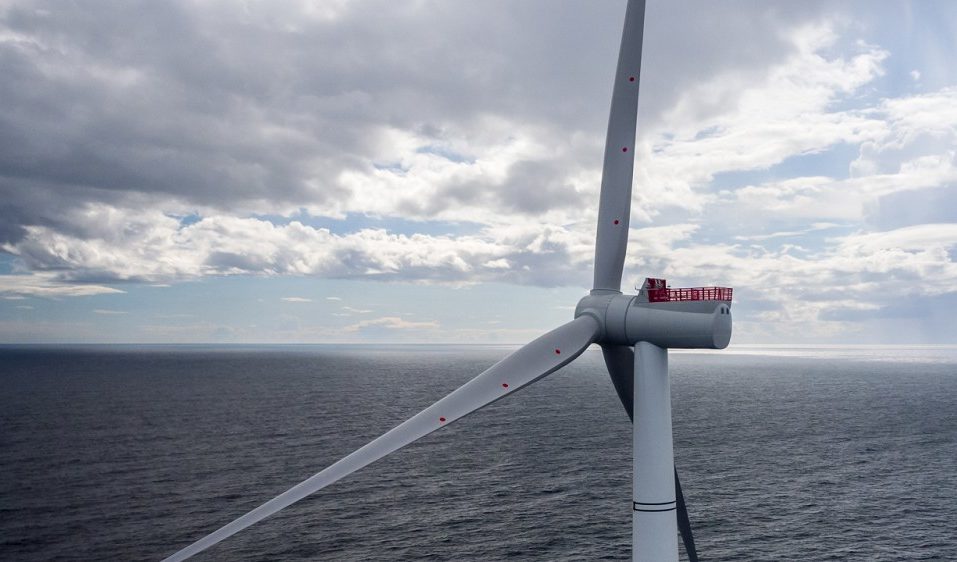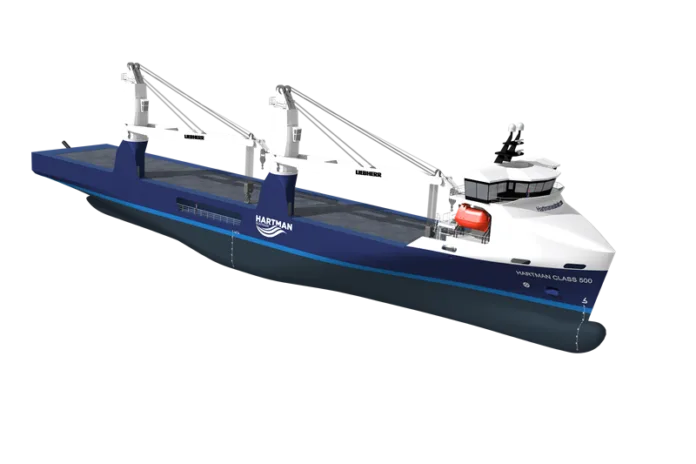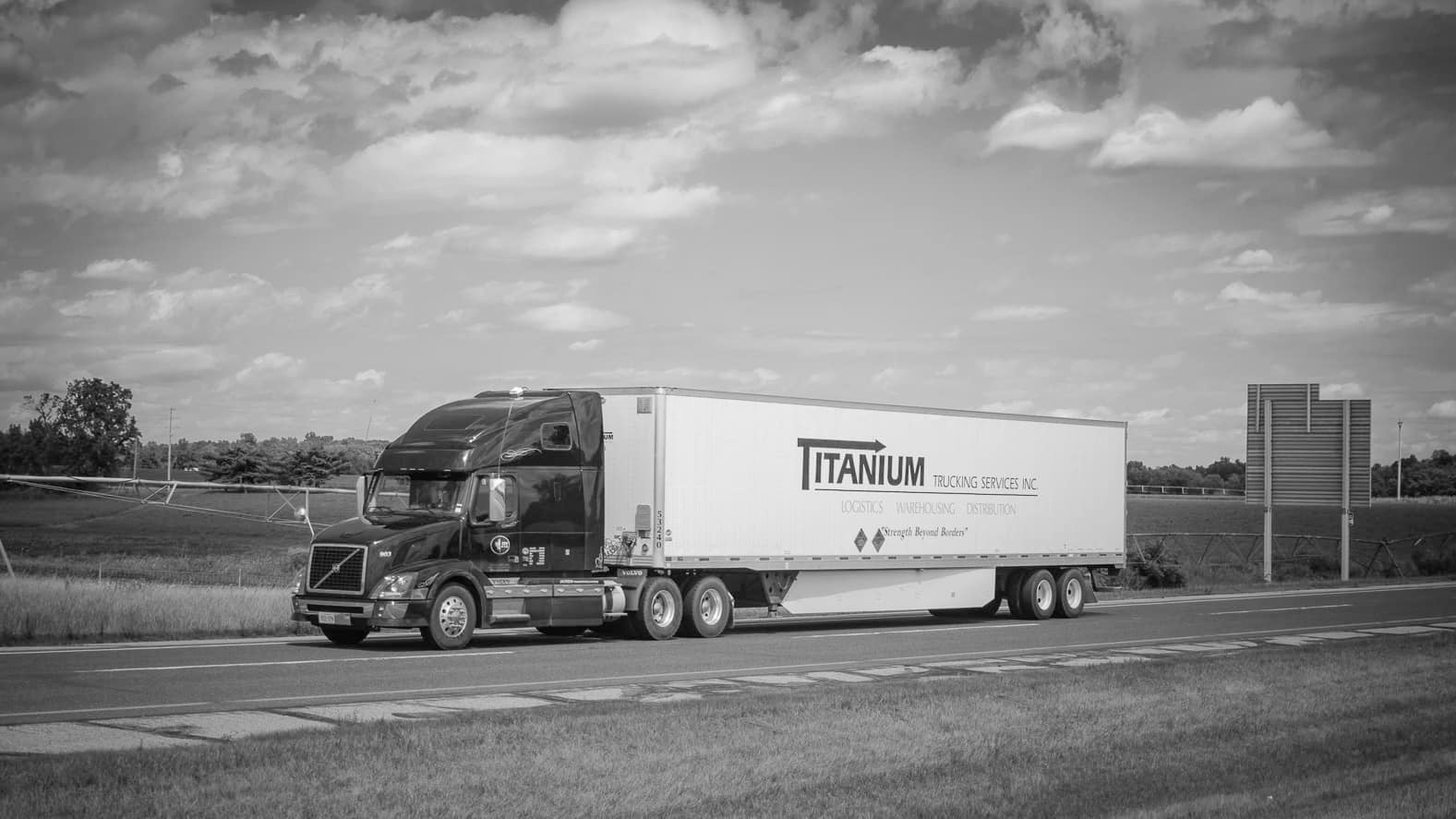The International Maritime Organization on Friday said it would delay a decision on a global shipping carbon tax for one year.
The vote to delay the Net-Zero Framework by delegates meeting in London comes after President Donald Trump said the United States would not abide by any international agreement to limit greenhouse gas emissions from ocean-going vessels.
A source close to the Trump administration told FreightWaves that U.S. opposition to the plan had attracted support from members with significant stakes in shipping including Portugal, Greece, Cyprus, Liberia, the Bahamas and others.
The United States for years supported the development of the NZF which would require vessel operators to report GHG levels annually; those vessels exceeding emissions limits will pay fees based on their excess emissions, while those using cleaner fuels will receive incentives.
But the Trump administration reversed course, calling the plan a tax on shipping that would hurt U.S. consumers.
In a social media post Thursday Trump said, “The United States will NOT stand for this Global Green New Scam Tax on Shipping, and we will not adhere to it in any way shape, or form. Vote NO in London tomorrow.”
Media reports said the U.S. and Saudi Arabia had filibustered the meeting in an effort to defeat a vote.
While the delay avoids putting the emissions plan at risk, some experts say it’s needed to guide development of the global maritime sector. Shipping accounts for about 3% of GHG emissions which scientists say contribute to climate change, on a par with aviation.
“Without a predictable and preferably multilateral framework in maritime transport, I am afraid that investors (ships, ports, energy, bunkering) would delay investments,” wrote Jan Hoffman, lead maritime analyst for the World Bank, in a LinkedIn post. “This, in turn, would lead to less supply of maritime transport capacity. And this would lead to higher and more volatile freight rates.
“We learned from Covid and the Red Sea crisis how lower shipping supply can lead to a shift of the supply curve to the left, causing more volatile and higher freight rates.”
Find more articles by Stuart Chirls here.
Related coverage:
Ocean freight rates plummet amid China chaos
Import surge drives new Q2 record for busiest U.S. port
Union hits Newsom veto of measure to block port automation
U.S. ships built in China exempt from new port fees
The post UN postpones decision on shipping carbon tax appeared first on FreightWaves.















